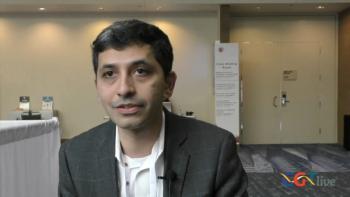
The associate attending physician at Memorial Sloan Kettering Cancer Center discussed further research that remains to be conducted with the allogeneic cell therapy.

The associate attending physician at Memorial Sloan Kettering Cancer Center discussed further research that remains to be conducted with the allogeneic cell therapy.
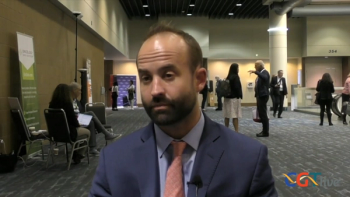
The assistant member of the department of malignant hematology at Moffitt Cancer Center discussed updated data on the allogeneic CAR T therapy, UNICART123v1.2.
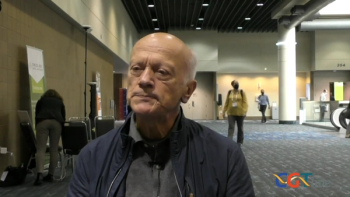
The professor at University Hospital Dresden discussed the positive safety profile of Unicar-T-CD123.
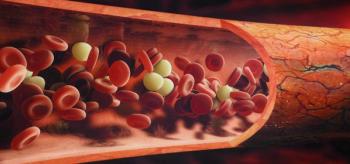
Steven Pipe, MD, CS Mott Children’s Hospital, discussed the latest follow-up data from the HOPE-B study of the approved therapy, Hemgenix.
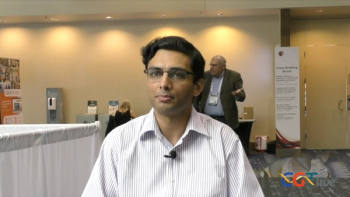
The assistant member of the bone marrow transplant department at St. Jude Children’s Research Hospital discussed advantages of OTQ923 in treating SCD.
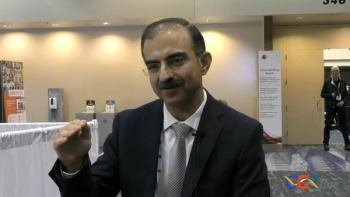
The associate professor of medicine at Siteman Cancer Center and WUSTL discussed further research to be done with CAR T-cell therapies.
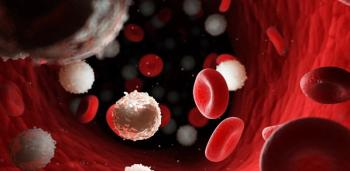
Brian Koffman, MDCM, DCFP, FCFP, DABFP, MSEd, Co-Founder, Executive Vice President, and Chief Medical Officer, CLL Society, discussed the role the society plays in the field.
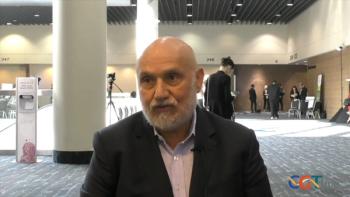
The chief medical and scientific officer of Tessa Therapeutics discussed data from the BESTA and CHARIOT studies presented at ASH 2022.
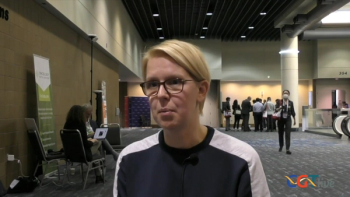
The assistant member of the bone marrow transplantation and cellular therapy department at St. Jude Children’s Hospital discussed preclinical research presented at ASH 2022.
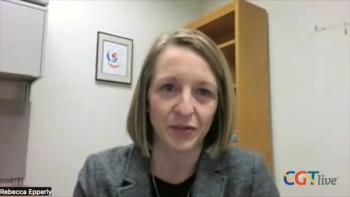
The clinician scientist at St. Jude Children’s Research Hospital discussed the session on cell therapies in acute leukemias and Hodgkin lymphoma she moderated at ASH 2022.
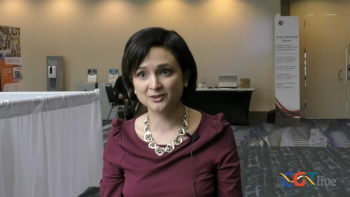
The assistant member at St. Jude Children’s Research Hospital discussed the ASH 2022 basic and translational science session she moderated.
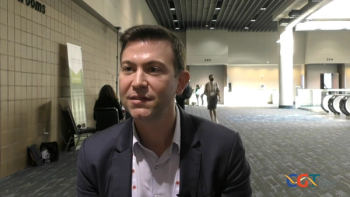
Brent Warner, president, gene therapy, Poseida Therapeutics, discussed data on the preclinical P-FVIII-101 presented at ASH 2022.
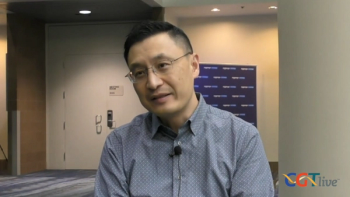
Ying Huang, chief executive officer, Legend Biotech, discussed new data from the CARTIFAN-1 and CARTITUDE-2 studies.
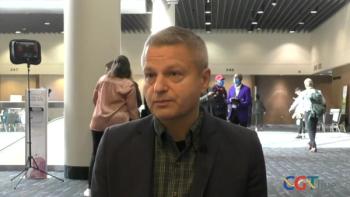
The associate professor of medicine from University of Pennsylvania discussed updated data on huCART19-IL18 presented at the ASH 2022 meeting.
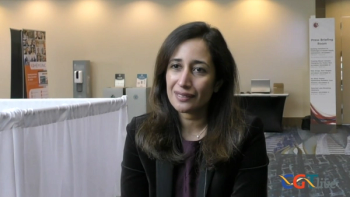
The assistant member at St. Jude Children’s Research Hospital discussed updated data from a phase 1 study being conducted at the hospital.
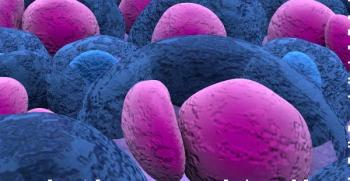
Updated data were presented at the ASH 2022 annual meeting.
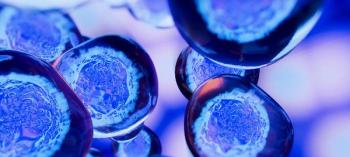
The first year after treatment yielded statistically significant improvements in overall QOL and symptoms within the first year of treatment for relapsed/refractory large B-cell lymphoma
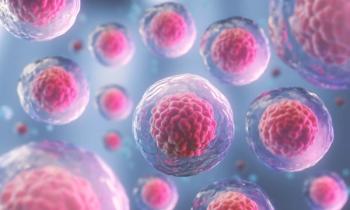
Second-line lisocabtagene maraleucel reduced the risk of an event occurring by 64.4% compared with standard-of-care chemoimmunotherapy induction and autologous stem cell transplantation.

The associate professor of medicine at Siteman Cancer Center and WUSTL discussed updated data from a study of NT-I7 and tisa-cel presented at ASH 2022.

Patients had an ORR of 83.8% with a median DOR of 15.7 months in data presented at the ASH 2022 meeting.
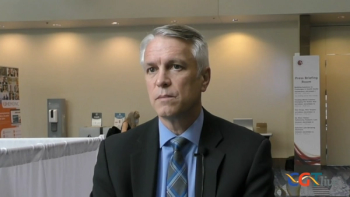
The professor of pediatric hematology/oncology at CS Mott Children’s Hospital discussed new follow-up data from the HOPE-B study presented at ASH 2022.

The associate attending physician at Memorial Sloan Kettering Cancer Center discussed updated data presented at the ASH 2022 meeting.

New data from a phase 1/2 trial of BMS-986393 were presented at the 64th Annual ASH Meeting.

The assistant member of the department of malignant hematology at Moffitt Cancer Center discussed unmet needs in acute myeloid leukemia and how UCART123v1.2 may address these.

The assistant member of the bone marrow transplant department at St. Jude Children’s Research Hospital discussed new data from a phase 1/2 trial presented at ASH 2022.
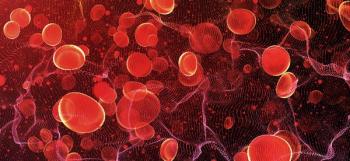
Annualized bleed rate and FVIII infusion rates significantly decreased after infusion with the gene therapy.

Four of 17 patients who received UCART123v1.2 showed clinical benefit.

The professor at University Hospital Dresden discussed data presented at the 2022 ASH meeting.
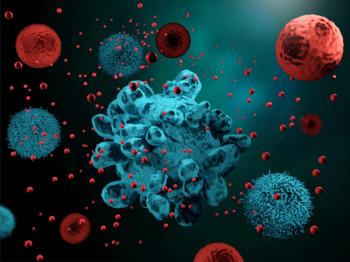
The complete metabolic response rate was 70% 3 months after infusion.
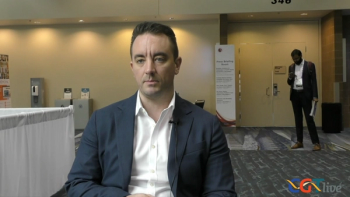
The study's primary investigator shared his thoughts on where CART-ddBCMA could fit within the treatment landscape.